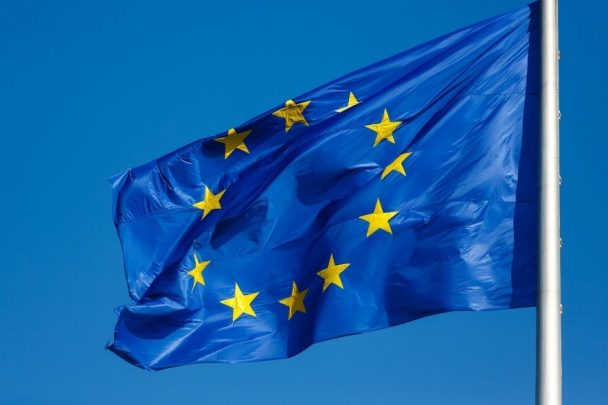Description
European Projects – and, in particular, the Erasmus+ Programme – represents a significant opportunity for schools from EU member countries to improve and keep pace with innovation. They generate organizational and personal development as they create opportunities to share best practices, create new methods, grow a network, and transform your school’s weaknesses into strengths and opportunities.
However, gaining access to EU funding requires the possession of a full package of skills and knowledge, and can be highly challenging -especially for schools at their first experience in writing a proposal.
The main objective of this course is to equip you with such practical expertise. The course will thus prepare you at the best for planning and writing successful European Projects (KA1 and KA2, including the Accreditation) within the Erasmus+ Programme (2021-2027).
As a participant, you will discover the Erasmus+ priorities and the many opportunities offered to educational institutions by the Programme. You will learn how to evaluate and communicate the needs of your school (or organization), and how to write a coherent European Development Plan for it.
You will become familiar with the different funding schemes to finance different project ideas and with the success award criteria followed by evaluators in assessing project proposals.
Moreover, you will receive training on how to structure a clear project proposal that fully respects those criteria, follows the project life cycle, and will maximize its chances of reaching high points at evaluation.
The course will have a hands-on approach. The trainer will guide the participants through a step-by-step path to make sure they draft a proposal on a project of their interest at the same time they gain a deeper understanding of project design.
Thus, by the end of the course, you will have already achieved a first significant accomplishment – i.e., you will have a structured draft of a project of your choice, already reviewed by the trainer and discussed with the other participants – while having acquired all the necessary competencies to start planning at best the future of your school.
𝐁𝐚𝐬𝐞𝐝 𝐨𝐧 20 𝐲𝐞𝐚𝐫𝐬 𝐨𝐟 𝐞𝐱𝐩𝐞𝐫𝐢𝐞𝐧𝐜𝐞 𝐢𝐧 𝐭𝐡𝐞 𝐄𝐫𝐚𝐬𝐦𝐮𝐬 𝐰𝐨𝐫𝐥𝐝
What is included
Learning Outcomes
By the end of the course, participants will:
- Navigate the funding schemes made available by the Erasmus+ Programme;
- Select call for proposals that best reflect the interests and needs of their school;
- Write the European Development Plan for their school;
- Draft ideas for project proposals aligning with the priorities of the Erasmus+ Programme;
- Select the most appropriate partners for their strategic partnerships;
- Design a project step-by-step following the project life cycle;
- Outline the most important project-related plans;
- Write a project proposal in agreement with the success award criteria considered by the evaluators.
Tentative Schedule
Day 1 – Course introduction & Funding
Course introduction
- Welcoming of participants, introduction to the course, the school, and the external week activities;
- Ice-breaking activities;
- Presentations of the participants’ schools.
Discovering the Erasmus+ Programme
- The structure and aim of the Erasmus+ Programme for the educational sector;
- Erasmus+ Accreditation and strategic partnerships;
- The top priorities of the Programme.
Day 2 – Write the European Development Plan for your school
- The European Development Plan (EDP);
- Objectives and structure of the EDP;
- A SWOT analysis of your school;
- Write the EDP of your school in 7 steps.
Day 3 – Prepare your application
- Choose the right call for applications;
- Draft your project;
- Goals and objectives;
- Results, outcomes, products, exploitation, and impact;
- Select the most appropriate partners.
Day 4 – Write your project
- The fundamentals of Project Management (project life cycle);
- Plan an activity (roles, duties, and responsibilities; resources; milestones and impact indicators);
- The budget;
- Communication and dissemination;
- Project-related management plans (e.g. project management plan, dissemination plan, evaluation plan);
- 5 recommendations for a clear writing style.
Day 5 – Apply online
- The EU digital platform and the OID code;
- Filling out the online forms;
- Fulfilling the success award criteria (relevance of the project; quality of the project design and implementation; project team; impact and dissemination).
Day 6 – Course closure & cultural activities
- Course evaluation: round-up of acquired competencies, feedback, and discussion;
- Awarding of the course Certificate of Attendance;
- Excursion and other external cultural activities.







